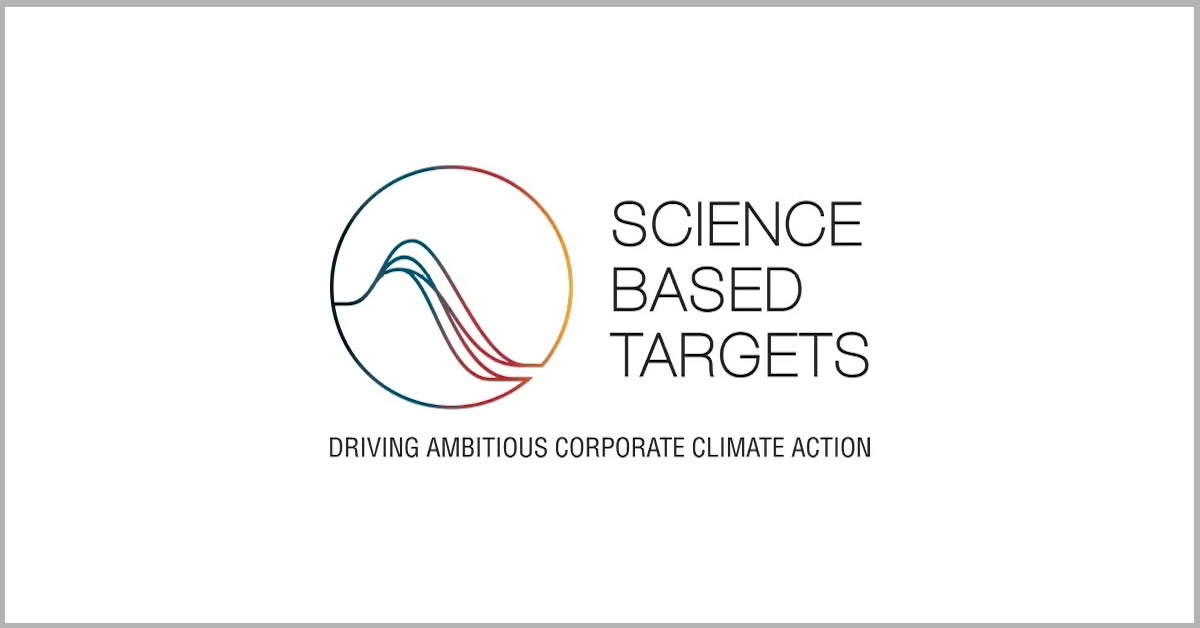Certain Science Based Targets initiative (SBTi) team members have called for a CEO change and board shakeup. The challenges for change surfaced after the SBTi said it will allow companies to recognize carbon credits to offset greenhouse gas (GHG) emissions.
The SBTi develops standards, tools and guidance that allow "companies to set greenhouse gas (GHG) emissions reductions targets in line with what is needed to keep global heating below catastrophic levels and reach net-zero by 2050 at latest," the organization asserts. As of December 2023, SBTi had validated the carbon emissions reduction targets for more than 4,000 companies and financial institutions.
But an emerging shift in SBTi's validation processes have sparked strong criticism. The controversy erupted on April 9, 2024, when the SBTi's board essentially said it would allow companies to leverage carbon credits to offset Scope 3 (supply chain) emissions. Some employees and SBTi advisors said they were shocked by the announcement, and called for the organization to abandon the carbon offset recognition plan, Reuters reported.
Additional concerns about SBTi's strategy surfaced in a GreenBiz report. Moreover, a protest letter from SBTi staff to leadership surfaced on GreenBiz.
Third-party critics also weighed in. NewClimate Institute, for instance, said: "If companies are allowed to achieve their scope 3 targets through offsets, they have little incentive to align their business model with the Paris Agreement’s 1.5°C temperature limit."
SBTi Carbon Credit Recognization Plan: Moving Forward?
SBTi plans to deliver a first draft of the carbon credit recognization plan by July 2024, and the organization has not yet responded to the employee and advisor pushback.
Carbon credits and carbon offset strategies have some pros and cons. For example:
- Potential Pros: Some businesses see carbon credits as a way to move toward sustainability -- even before those businesses have had a chance to build proper sustainability processes into their companies. Moreover, "dedicating funds to carbon offsets can be a more cost-effective way for organisations to have a positive environmental impact over investing in new technologies or transforming their business operations," according to the University College of Estate Management -- though the college also points out numerous cons.
- Potential Cons: "Offsetting provides an excuse for avoiding real emission reductions and can create a dangerous mirage of 'climate neutrality' when emissions are actually rising. It can also lead to greater emissions once carbon is rereleased into the atmosphere from temporary stores," Carbon Market Watch asserts.
We'll be watching for updates from the SBTi and its staff.




